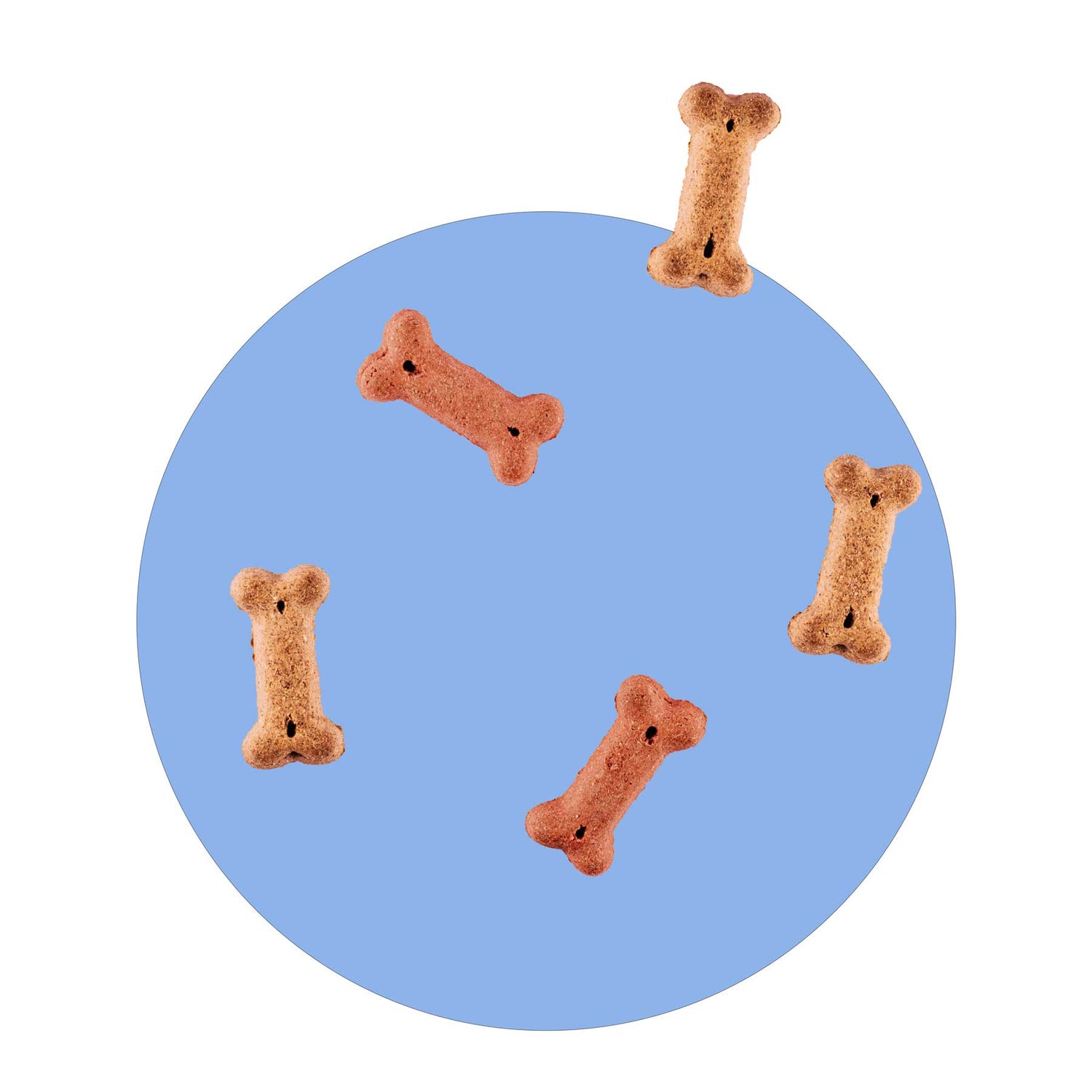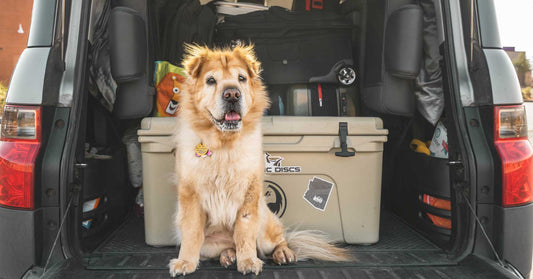You probably have already seen those videos on social media when wild animals, strays, and pets come out to people to get some water to drink. These cases are caused by extremely hot weather and lack of freshwater that result in dehydration in dogs or animals. And yeah, your beloved pet isn’t immune from it either.
Dehydration is a physical condition caused by a lack of fluid, water, and electrolytes in the body. In this case, the dog loses more water than takes it in. Dehydration can result in organ damage, malaise, and even death.
Today we will tell you about the signs of dehydration in dogs and share tips on how to hydrate a dog.
Symptoms of Dehydration in Dogs
To rule out the possibility of dehydration occurrence and provide first aid to your pet timely, pay attention to the signs of dogs’ dehydration:
Worsened skin elasticity. Make a quick test: carefully pinch the dog’s skin with your thumbs and wait for it to return to the starting position. If this didn’t happen at all or took a lot of time for skin to recover, your furry friend might be dehydrated!
Sunken and dry-looking eyes. In other words, it’s a recession of the eyeball within the orbit. If you have noticed something weird in your pet's eyes, immediately visit the vet!
Weakness and collapse. Your buddy doesn’t want to play or even go for a walk? This is an indicator of serious problems and may be a symptom of dehydration.
Xerostomia, or dry gums. Check your dear pup’s gums: if they are dry and sticky, and the dog’s saliva is thick, this can indicate dehydration.
Loss of appetite, vomiting, and diarrhea. Other signs of dehydration are vomiting, diarrhea, and lack of appetite. Watch out for these symptoms and see the vet as soon as you can!
Discovered several or all of the symptoms? Wait no more, it’s time to take the necessary steps to save your pet!
What causes dehydration in dogs?
Dehydration in dogs can be caused by several reasons:
Lack of water intake
It’s the most common reason for dehydration occurrence. It can happen as a result of situations when your pet didn’t drink enough water or had no access to it. When you leave your buddy at home alone, make sure you have left enough water for them in an easy-to-reach place.
Vomiting or diarrhea
If your pup has eaten some bad food, it can cause diarrhea or vomiting, which quickly removes water from the body. If your pet has been suffering from this for a long time, this could cause dehydration.
Underlying illnesses.
Dehydration can also be caused by serious illnesses such as fever, heat stroke, lethargy, diabetes, cancer, and kidney disease. We suggest you check your pet and visit a veterinarian to exclude the possibility of such diseases.
What to do if your dog is dehydrated?
But how to treat dehydration in dogs if this occurs? First, be calm. Second, follow these steps:
- Call your vet. Book an appointment with a doctor and visit him immediately if your four-legged friend has been shocked, collapsed, or had a heatstroke. Listen to his recommendations and carefully follow them.
- Try giving your pet some water. If the condition of the dog is not that bad, give him small portions of water to prevent vomiting or ice cubes to lick.
Don't neglect to visit a vet: this is a matter of life and death, and a delay can cost your pet health or even life. The doctor will analyze your pup's condition, perform some tests, and carry out the necessary treatment (place the dog on a drip, administer fluids under his skin, and so on).
How to prevent dehydration in dogs?
Luckily, dehydration is a condition that you can easily prevent. But how to avoid dehydration in dogs? Follow these simple rules:
- Provide your pet with clean and fresh water that is easy for him to access;
- In hot weather, try giving your furry friend an ice cub to chew;
- Don’t walk with your dog too much during heat under direct sunlight;
- Maintain your dog’s ration (proper nutrition with the right amount of vitamins and minerals);
- Always go to the vet if your pet suffers from persistent vomiting or diarrhea.
How to hydrate a dog that won’t drink?
Today we found out what dehydration means, how to prevent and avoid it, and what to do if dehydration in dogs occurs. Remember: always visit a vet in case your four-legged friend feels and looks bad. It’s the doc who can conduct a proper treatment and save your dog. We hope that our suggestions were helpful and practical. Take care of yourself and your buddy!





